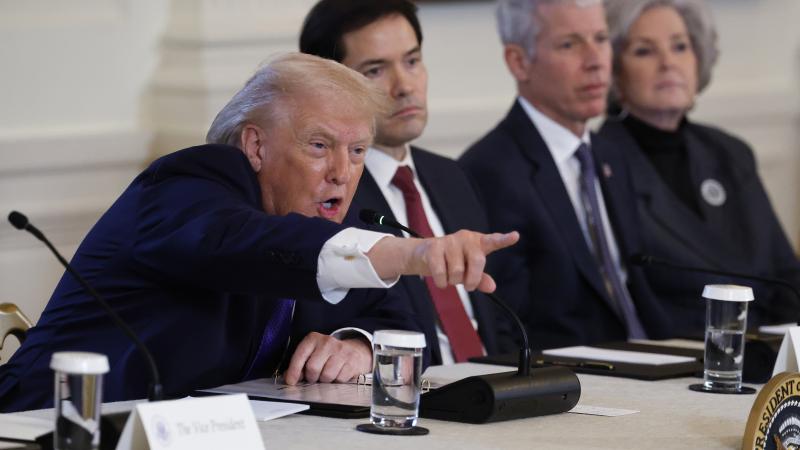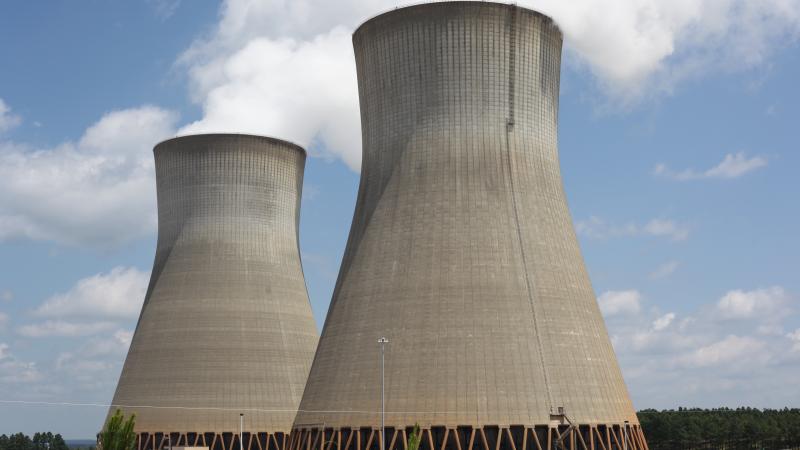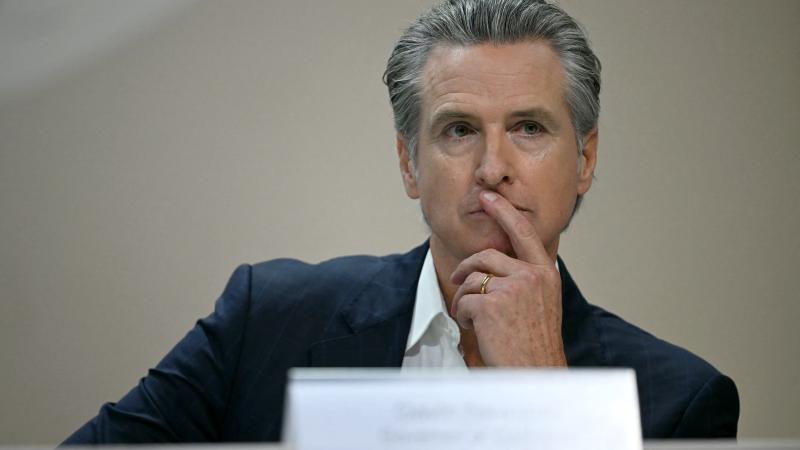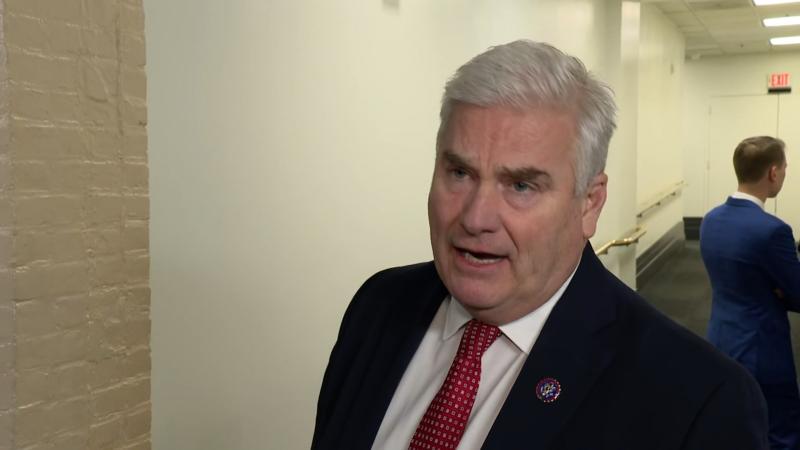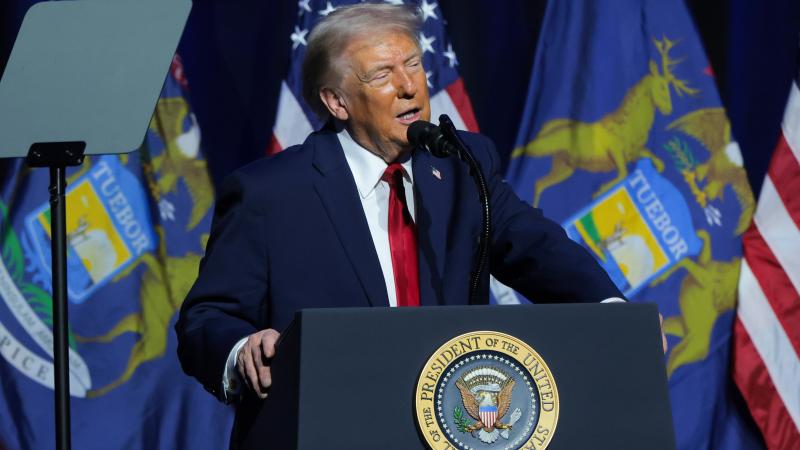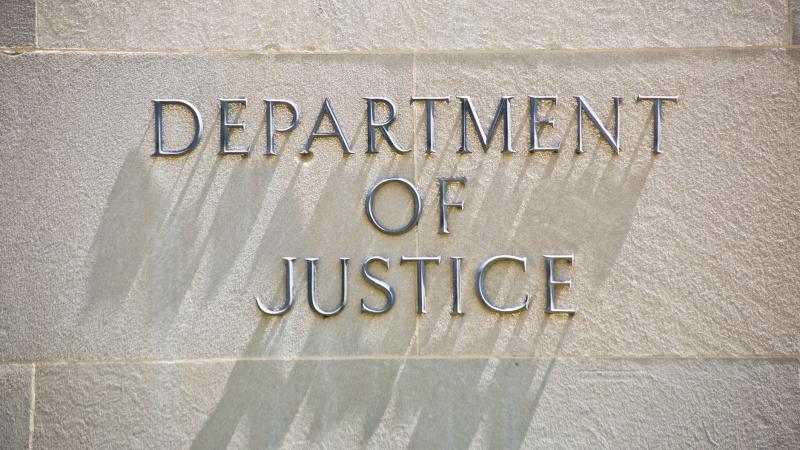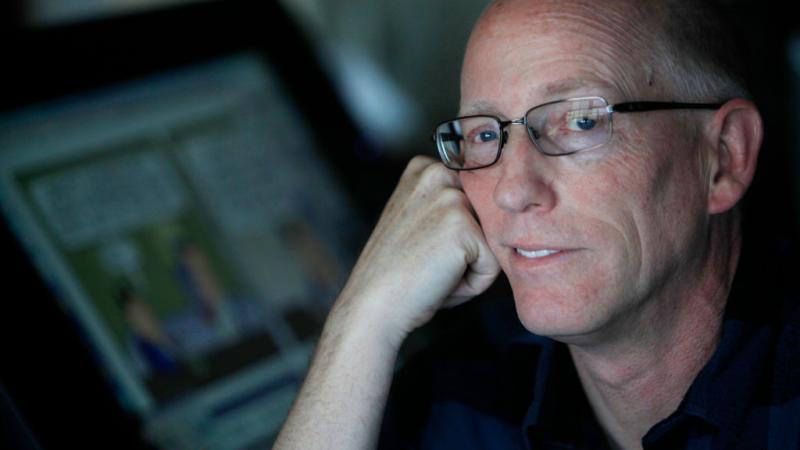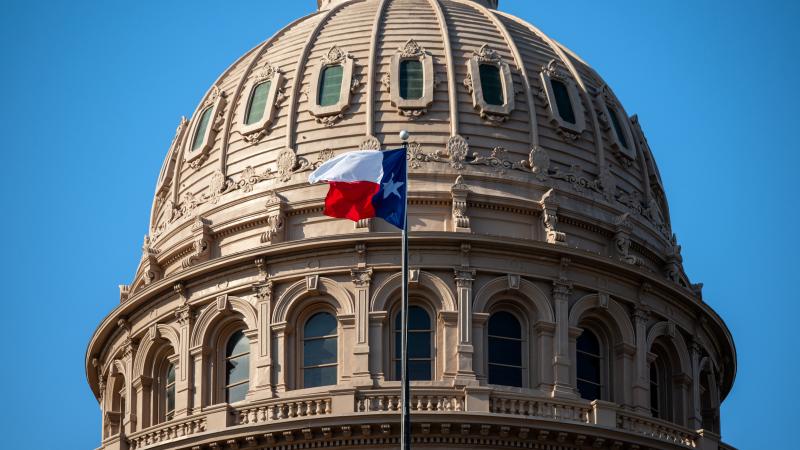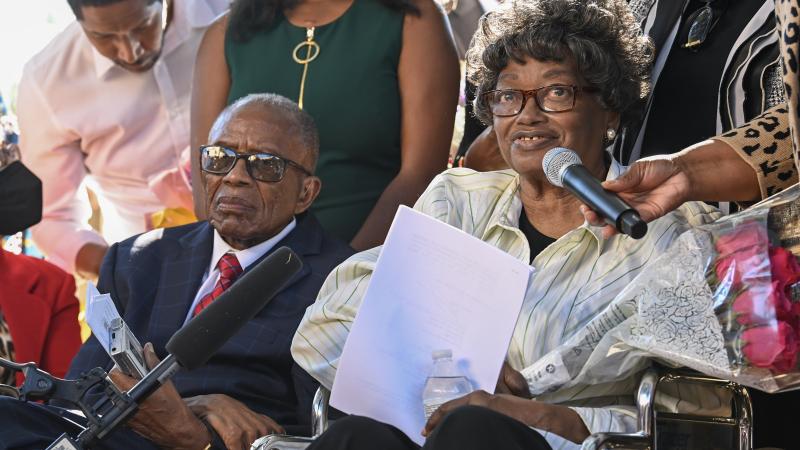Supreme Court may consider oil companies’ petition in climate case, legal expert says
Last year, Sunoco, Exxon and other energy producers petitioned the country's highest court in a similar case filed by the city and county of Honolulu, Hawaii.
Oil companies facing a lawsuit from Bolder, Colorado, have petitioned the Supreme Court to review the case. In 2019, the city and county of Boulder filed a lawsuit seeking damages from weather events, which they allege are caused by burning fossil fuels.
They also accuse the oil companies of deceiving the public about the dangers of climate change.
The companies had asked the Colorado Supreme Court to dismiss the case. But in May, the state court ruled the lawsuit could proceed. In their petition to the U.S. Supreme Court, Sunoco Energy Inc. and ExxonMobil Corporation argue that the Constitution doesn’t allow for government entities to sue under state laws regarding public nuisance and consumer fraud for injuries alleged to have been caused by pollution coming from sources outside the state.
“This case presents whether that longstanding principle precludes the state-law claims in the nationwide climate-change litigation. The answer to that question is surely yes,” the companies argue in their petition.
Last year, Sunoco, Exxon and other energy producers petitioned the country's highest court in a similar case filed by the city and county of Honolulu, Hawaii, and the high court declined to grant cert, which means hearing a case on appeal from a lower court. The court typically grants cert, or certiorari, for cases of national significance or those that could unify conflicting decisions among federal courts.
Donald Kochan, professor of law at George Mason University, acknowledged to Just the News that the petitions are similar but said the court may still choose to hear the Colorado case.
Critics of the litigation campaign are hoping the Supreme Court will finally settle the matter.
They argue the campaign has been coordinated and funded by climate advocacy groups and that, if successful, any industry with emissions will become potential targets. Ultimately, consumers, they argue, will pay any settlements that come out of the litigation.
State-level percolation
Kochan says the Colorado case might be a better vehicle for the Supreme Court to grant cert. Since the court declined to intervene in the Honolulu case, multiple state courts have dismissed or limited in scope climate lawsuits.
Judges have dismissed climate lawsuits filed by Bucks County, Pennsylvania, the state of New Jersey, the state of Delaware, and in Anne Arundle County and the city of Annapolis, in Maryland. A case filed by the city of Baltimore, Maryland, was also tossed.
New Jersey Superior Court Judge Douglas Hurd concurred with the oil companies’ arguments that the state’s complaint is unconstitutional.
“As defendants state in their moving brief, ‘the federal system does not permit a state to apply its laws to claims seeking redress for injuries allegedly caused by interstate or worldwide emissions,’” Hurd said.
Maryland's Anne Arundel Circuit Court Judge Steve Platt reached a similar conclusion with the case filed by the county and Annapolis. In his ruling, he cited the ruling by Maryland Senior Judge Videtta Brown, who dismissed the climate lawsuit filed by Baltimore, concluding that state law cannot address a global issue like climate change.
“The court sometimes likes to allow for percolation in the state courts before they take a case," Kochan said." In other words, they can get the acquired wisdom of other courts, and so they may decide that there is, at this point in time, sufficient percolation where there may not have been sufficient percolation, even just a year ago, when the Honolulu petition was filed."
Trump administration interest
Kochan said another reason why the court might consider the petition in the Colorado case is that the Trump administration and Congress will have a more robust expression of interest in the issue.
Last year, the Supreme Court had asked the Biden administration’s Justice Department to weigh in on challenges to state and local climate lawsuits. The administration's solicitor general, Elizabeth Prelogar, submitted briefs in December 2024, arguing that the justices should reject the appeal from energy companies and allow the cases to play out in state courts before the high court reviews them. The high court did just that, which left these cases to wind through state courts for the time being.
Kochan said Prelogar’s response echoed the merits brief that was filed on behalf of the city and county of Honolulu. But it didn’t address whether these state cases are interfering with federal priorities and priorities as determined by federal laws like the Clean Air Act.
“It was, in fact, strangely silent about saying anything pro or con about how this case might affect the overall policy priorities and positions of the United States,” he said.
In an op-ed piece in The Hill, Kochan argues that when the high court asks the solicitor general to file, it’s looking for a discussion on why allowing multiple cases involving trans-boundary pollution, which would normally be governed by national policy, don’t “usurp federal legislative and executive power and why.”
Kochan said in an interview that the Trump administration will likely update the Biden administration’s brief, and that will mirror statements it’s made in lawsuits against Hawaii and Michigan, which have argued that the cases do preempt federal law.
“You just have a very different posture on the part of the Solicitor General, which will send a different signal to the court – a signal of greater prioritization, a signal of greater threat and risk to federal prerogatives by the state lawsuits,” Kochan said.
Fossil fuel-free town
The Boulder lawsuit was among the very first climate litigation cases in the country. The city has a history of anti-fossil fuel activism. The Boulder City Council has considered bans on natural gas hookups in new construction and it passed aggressive emissions reduction targets.
Boulder plans to reduce emissions by 70% from where they were in 2018, and it plans to reach net-zero by 2035. Part of that goal is moving to 100% renewable electricity by 2030. The city in fact plans to be carbon positive – meaning it reduces more emissions than it emits – by 2040.
Last year, Rep. Harriet Hageman, R-Wyoming, proposed Boulder become a model of fossil fuel-free living by taking out all their gas stations, banning natural gas appliances, and removing all asphalt, which is made from petroleum, from its roads.
Boulder City Councilman Mark Wallach told Wyofile, a left-leaning nonprofit publication in Wyoming, that the suggestion was “ridiculous” because “nobody on the Boulder Council suggested we can do without all the fossil fuels at this point.”
It’s not clear how a demonstration project that Wallach considers “ridiculous” today will become feasible in the next five to 10 years. When Just the News asked the council last year about Hageman’s proposal, none of the officials responded.
Meanwhile, Boulder is continuing with its lawsuit against the companies producing products it is currently refusing to dispense with.
The Facts Inside Our Reporter's Notebook
Documents
Links
- filed a lawsuit
- high court declined to grant cert
- Donald Kochan
- coordinated and funded by climate advocacy groups
- any industry with emissions
- Bucks County, Pennsylvania
- state of New Jersey
- state of Delaware
- Anne Arundle County and the city of Annapolis
- Baltimore, Maryland, was also tossed
- concurred with the oil companiesâ arguments
- dismissed the climate lawsuit
- asked the Biden administrationâs DOJ to weigh in
- submitted briefs
- high court did just that
- op-ed piece in The Hill
- lawsuits against Hawaii and Michigan
- considered bans on natural gas hookups
- passed aggressive emissions reduction targets
- Mark Wallach told Wyofile
- none of the officials responded
